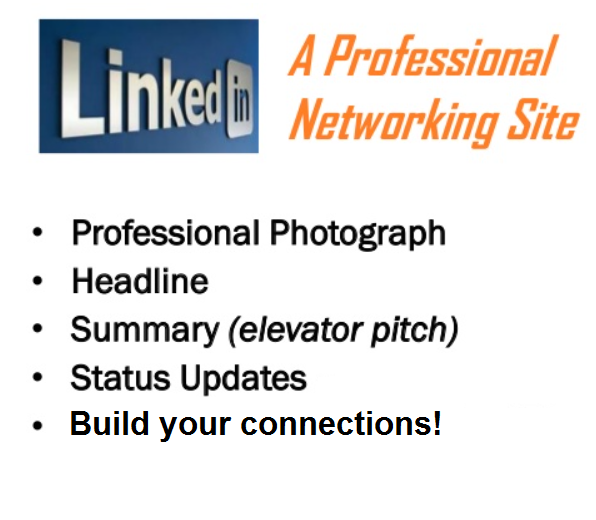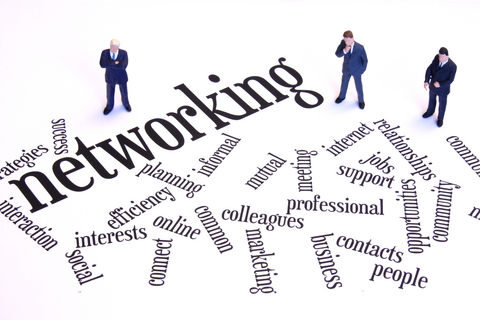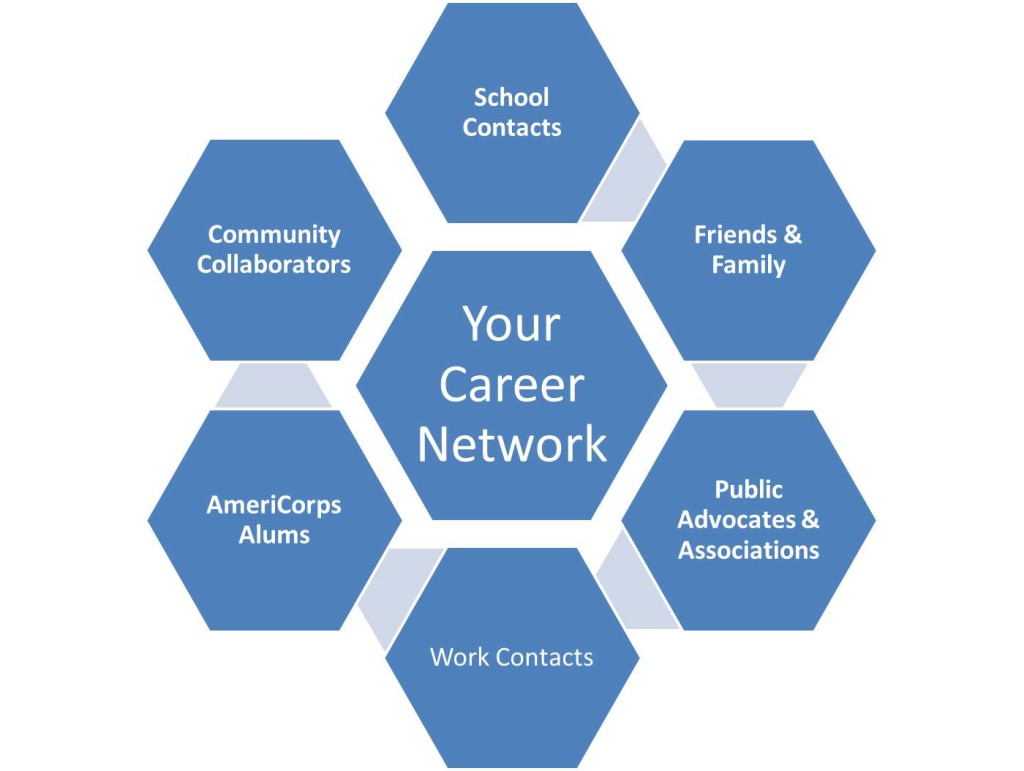Job Search Strategies
 It may be surprising to learn that executive-level job seekers face the same challenges as the average job applicant. Implementing the correct search strategy could mean the difference between landing a dream position and remaining in your current role.
It may be surprising to learn that executive-level job seekers face the same challenges as the average job applicant. Implementing the correct search strategy could mean the difference between landing a dream position and remaining in your current role.
Whether you are actively searching for a management position or just want to keep your options open for future opportunities, the job market has become more competitive in recent years. Many companies have pared down their staff and are no longer willing to dedicate limited financial resources to candidates with high salary expectations. Other companies are retaining Baby Boomer employees longer and, therefore, have limited available for outside applicants.
In addition, technology has changed the methods that recruiters and hiring managers use to locate talent, which could limit a technically challenged candidate’s chances of being hired.
Social Media Strategy
With over 500 million users, LinkedIn is the largest job networking site on the internet. Career-minded individuals used to need to attend networking and conference events to gather business cards and develop relationships with industry experts. Now, professionals can accomplish a significant amount of networking through LinkedIn without ever having to leave the office.
A comprehensive, searchable LinkedIn profile can increase a candidate’s online presence, add to his or her credibility and reputation, and reach recruiters and hiring managers. In fact, recruiters regularly browse LinkedIn using specific criteria designed to locate relevant key words, education, company, industry, position, title location, skills and much more.
If you don’t already have one, you can create a LinkedIn profile for free. If you already have a profile, ensure that it is comprehensive, meaning you have completed every section and utilized keywords that recruiters may be searching for. LinkedIn even tracks profiles for completion and provides suggestions for improvement.
There are a few general rules regarding professional LinkedIn profiles:

- A professional photo is a must. Profiles with photos are viewed more often than those without.
- Content should be professional.
- Active participation in group forums and discussion threads is just as important as maintaining a profile and reaching out to your connections.
Networking
Although social media is important, it is not the “be all, end all” of networking strategies. My professors and bosses have always stressed the importance of networking, and I couldn’t agree with them more. The old saying, “It’s not what you know, it’s who you know” holds a lot of truth. No matter what level you are in your career, it is always important to attend industry conferences, networking events, alumni gatherings, and trade shows to stay relevant and discover and maintain connections. Networking in person provides people the opportunity to cultivate relationships that were started via social media.
Another benefit of networking is that job seekers can secure interviews and gain a leg up on the competition. Employers prefer to hire based on referrals or recommendations which people in your network can provide. In fact, many job seekers have landed their current position through a personal or professional referral as opposed to completing an application or submitting a resume.
Have You Seen My Blog?
When you see the word “blogging” you should see a flashing sign that reads, “easy marketing opportunity.” Blogging may sound intimidating but maintaining a blog is less involved than you think. Posting once or twice a month depending on the material is enough to maintain an online presence. The key is to stick to a schedule and maintain consistency. A blog can show hiring managers that your wealth or knowledge would be a great addition to their company while also displaying your personality.
Creating a Brand
Think of companies like Apple, Rolex or Nike. These names are recognizable and appealing to consumers around the globe because of their great branding efforts. Apple always has the newest, user-friendly technology products while Rolex’s quality, elegant products are unmatched. Staying current with industry trends, Nike has established a timeless brand through merging sports and fitness interests. Just like these labels, you can create a personal brand that differentiates yourself from the competition.
For example, what are your specialties, talents, and achievements?  Your brand should demonstrate who you are, what you have done, what your strengths are, and how you can help a company solve a problem. These are your selling points so this information should be consistent on your resume, blog, and LinkedIn profile.
Your brand should demonstrate who you are, what you have done, what your strengths are, and how you can help a company solve a problem. These are your selling points so this information should be consistent on your resume, blog, and LinkedIn profile.
Attitude Counts
 A candidate’s skills, achievements, and networking efforts matter, but so does attitude. Hiring managers indicate that a candidate’s enthusiasm for acquiring new skills and learning on the job can play a crucial role in their hiring decision. Companies want to know that a candidate will not have a “know it all” attitude. Also, many recruiters are concerned that Baby Boomers have already “checked out” and are looking toward retirement in a few years, which may dissuade them from hiring an older professional in favor of a younger one. Baby Boomer candidates search for long-term positions should be sure to convey their company loyalty and enthusiasm for continued work.
A candidate’s skills, achievements, and networking efforts matter, but so does attitude. Hiring managers indicate that a candidate’s enthusiasm for acquiring new skills and learning on the job can play a crucial role in their hiring decision. Companies want to know that a candidate will not have a “know it all” attitude. Also, many recruiters are concerned that Baby Boomers have already “checked out” and are looking toward retirement in a few years, which may dissuade them from hiring an older professional in favor of a younger one. Baby Boomer candidates search for long-term positions should be sure to convey their company loyalty and enthusiasm for continued work.
In conclusion, many candidates have realized that the job search is tougher than ever. But with the right attitude, brand, social media strategy, and networking efforts, any candidate can succeed in securing a better job opportunity.

 The Importance of Professional Networking
The Importance of Professional Networking